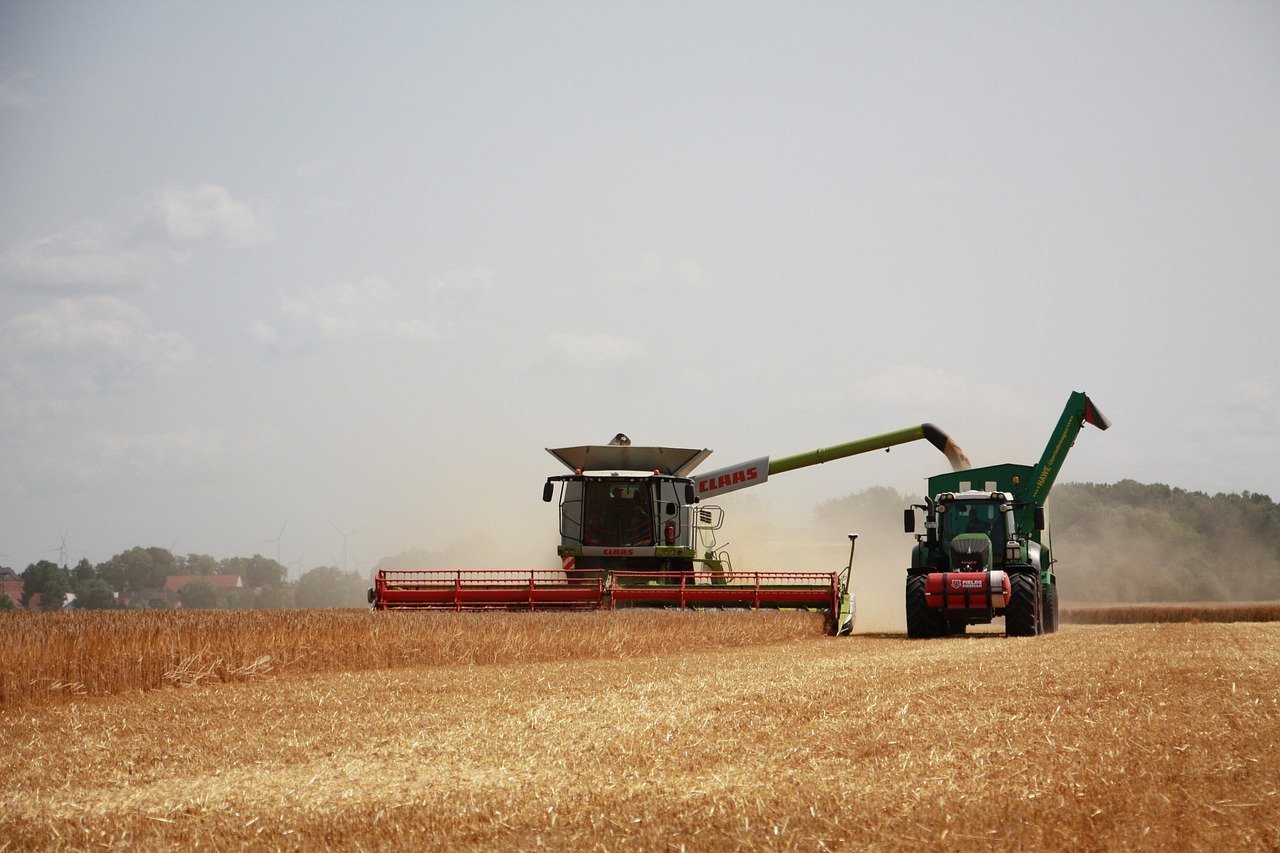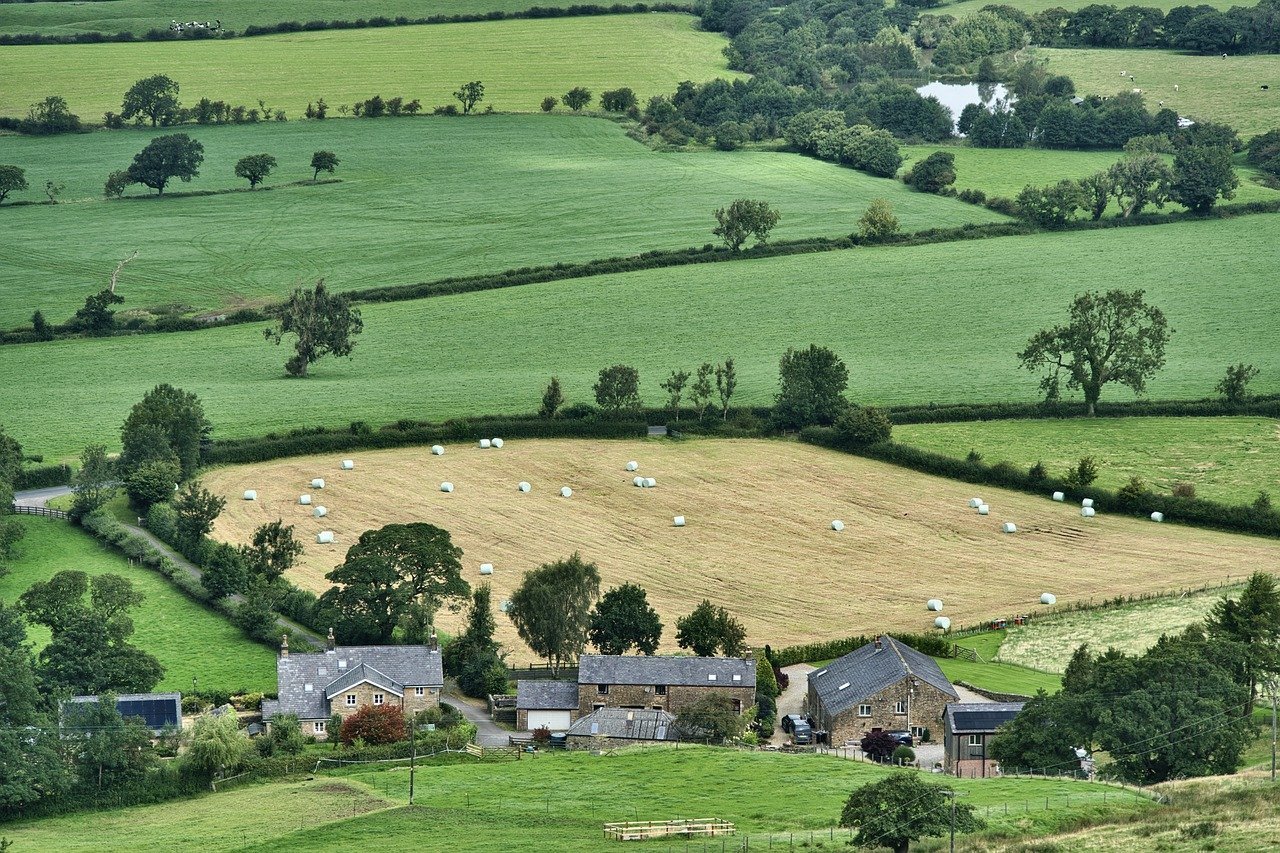
The Importance of Farming in Lincolnshire
The Importance of Farming in Lincolnshire
Introduction
Farming has long been the backbone of Lincolnshire’s economy and culture. The county’s vast agricultural landscapes and favorable climate conditions have made it a leading area for food production in the UK. This document explores the various facets of farming in Lincolnshire, highlighting its economic, social, and environmental importance.
Economic Significance
Agricultural Production
- Diverse Crops: Lincolnshire is known for producing a wide range of crops, including wheat, barley, sugar beet, potatoes, and vegetables such as cabbages, cauliflowers, and carrots. The county’s fertile soil and advanced farming techniques contribute to high yields.
- Livestock Farming: In addition to crop production, Lincolnshire has a robust livestock sector, including beef and dairy cattle, pigs, and poultry. This diversity ensures a stable agricultural economy.
Employment
- Job Creation: Farming is a major employer in Lincolnshire, providing jobs for thousands of people. It supports not only farmers but also those working in related industries such as food processing, machinery maintenance, and agricultural research.
- Rural Economy: The agricultural sector is crucial for the rural economy, sustaining local businesses and services. Many rural communities rely on farming income to support schools, shops, and other amenities.
Contribution to GDP
- Economic Output: Agriculture significantly contributes to Lincolnshire’s GDP. The county is a leading exporter of agricultural products, boosting both the local and national economy.
- Value-Added Products: Beyond raw produce, Lincolnshire’s food processing industry adds value to agricultural products, creating a range of goods for domestic and international markets.
Social and Cultural Impact
Heritage and Tradition
- Cultural Identity: Farming is deeply embedded in Lincolnshire’s cultural identity. Traditional farming practices and rural life are celebrated through local festivals, fairs, and markets.
- Community Cohesion: Farming fosters strong community ties. Farmers often work together through cooperatives and local organizations, enhancing social cohesion and mutual support.
Education and Knowledge Transfer
- Agricultural Education: Lincolnshire is home to several institutions that offer agricultural education and training. These institutions play a vital role in equipping the next generation of farmers with modern skills and knowledge.
- Research and Innovation: Ongoing agricultural research in Lincolnshire contributes to advancements in farming techniques, sustainability practices, and crop and livestock management.
Environmental Stewardship
Sustainable Practices
- Conservation Efforts: Many farmers in Lincolnshire are adopting sustainable farming practices to protect the environment. Techniques such as crop rotation, reduced tillage, and organic farming help maintain soil health and biodiversity.
- Renewable Energy: Farmers are increasingly investing in renewable energy sources, such as wind turbines and solar panels, to reduce their carbon footprint and promote environmental sustainability.
Landscape Management
- Maintaining Natural Beauty: Farming helps maintain the county’s scenic landscapes, including the iconic Lincolnshire Wolds. Responsible land management ensures these areas remain attractive for residents and tourists.
- Habitat Preservation: Farmland provides habitats for a variety of wildlife. Initiatives such as hedgerow planting and field margins enhance biodiversity and support conservation efforts.
Challenges and Future Prospects
Economic Pressures
- Market Fluctuations: Farmers face challenges due to fluctuating market prices and international competition. Ensuring fair prices for produce and financial stability is crucial for the sector’s sustainability.
- Brexit and Trade: Post-Brexit trade agreements have introduced new challenges and opportunities for Lincolnshire’s agricultural exports. Navigating these changes is essential for future growth.
Climate Change
- Weather Extremes: Climate change poses a significant risk to farming. Increasingly erratic weather patterns can impact crop yields and livestock health. Adaptation strategies and resilience planning are essential.
- Sustainable Practices: Continued emphasis on sustainable farming practices will help mitigate the impact of climate change and ensure long-term productivity.
Technological Advancements
- Precision Farming: The adoption of precision farming technologies can enhance efficiency and productivity. Tools such as GPS-guided machinery, drones, and data analytics are becoming increasingly important.
- Innovation and Research: Ongoing research and development in agricultural sciences will drive innovation, leading to more resilient and sustainable farming methods.
Conclusion
Farming is the lifeblood of Lincolnshire, underpinning its economy, culture, and environmental stewardship. The sector faces challenges, but with continued innovation, sustainable practices, and community support, it will remain a vital part of the county’s identity and prosperity. Supporting Lincolnshire’s farmers is crucial for maintaining the county’s heritage, ensuring food security, and promoting a sustainable future for all.

